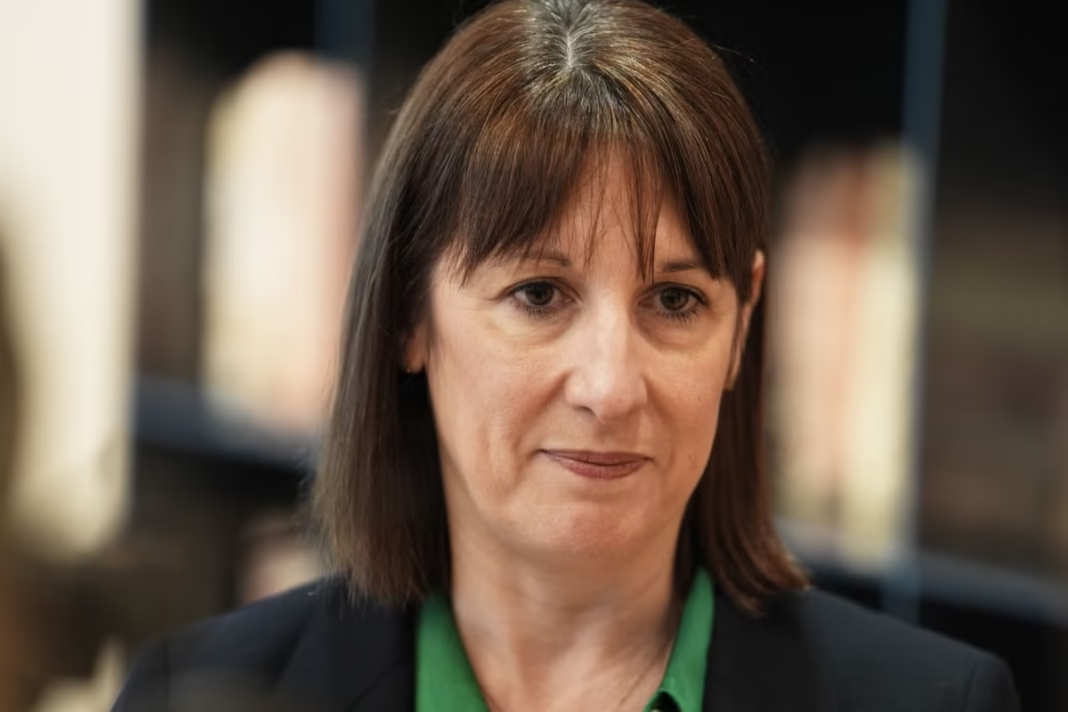The UK economy unexpectedly contracted by 0.1% in January 2025, according to the Office for National Statistics (ONS), dealing a blow to Chancellor Rachel Reeves’s growth agenda. This decline comes just weeks before Reeves is set to deliver her spring statement on 26 March, where she is expected to outline billions in welfare cuts and reduced departmental spending to address economic challenges.
The January GDP figures have raised concerns about the UK’s economic trajectory, particularly as growth flatlined in the final quarter of 2024. Since Labour came to power in July 2024, the economy has grown by just 0.3% overall, a figure the government will be keen to improve.
Chancellor Reeves attributed the economic slowdown to global events, including the ongoing Ukraine peace negotiations and former US President Donald Trump’s imposition of international trading tariffs. She emphasized the government’s commitment to “protect our country, reform our public services, and kickstart economic growth” as part of Labour’s Plan for Change. Reeves also highlighted plans for increased defence spending and efforts to “get Britain building again.”
Is the UK Heading for a Recession?
While there is no official definition of a recession, it is commonly understood as two consecutive quarters of negative GDP growth. The UK recorded no growth in the final quarter of 2024, and if GDP remains stagnant or declines in the first quarter of 2025, the country could enter a technical recession.
However, economists caution that a recession is not inevitable. Liz McKeown, ONS Director of Economic Statistics, noted that while the economy shrank slightly in January, it grew over the latest three months as a whole, indicating weak but not entirely negative growth. She pointed to a slowdown in manufacturing as a key factor in the January decline, offset by a strong month for retail.
The severity and duration of a potential recession would determine its impact on the economy. For example, the 2008-2009 financial crisis saw GDP fall by five percentage points, with recovery taking until 2013. In contrast, the 2020 pandemic-induced recession lasted only six months but involved a record 20.4% GDP contraction in a single quarter.
What’s Next?
The coming months will be critical for the UK economy. Chancellor Reeves’s spring statement is expected to address the challenges of weak growth, with a focus on fiscal discipline and targeted investments. The government’s ability to navigate global economic headwinds and domestic pressures will determine whether the UK avoids a recession or faces a prolonged period of economic difficulty.
For more business updates, visit London Pulse News.


